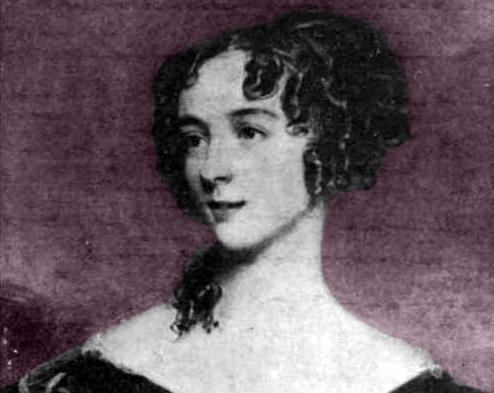
Mary Smith (1822-89) was a schoolmistress, poet, lecturer, and journalist who took part in local politics, lectured, gave public readings, took up the women’s cause and temperance, reported lectures and sermons, helped with a school for factory girls, and campaigned on issues such as soldiers’ welfare and abolition of slavery. In this letter, Jane Welsh Carlyle, wife of Scottish Philosopher, essayist, and historian Thomas Carlyle, answers Smith’s inquiry into the possibility of becoming a literary assistant in order to gain a greater sense of literary fulfillment. The thoughtful and sympathetic reply led Smith to fall “in love with this dear woman, who ever after was one of the greatest idols of my heart.”
TO MARY SMITH
January 16, 1854, Chelsea
Dear Madam,
Your “faith in things unseen”—myself among them—is very beautiful and affecting to me; and likewise, I confess, rather infectious. I cannot help believing in the good heart and poetic nature, at least, of one who shows such belief in my own “character,” on evidence purely “internal.”
And so, dear young lady, were I as influential as you suppose me to be; no more were needed, than what I gather from your letter, to make me use my influence in your interest. But indeed it were only deceiving you with false hopes to promise myself at all likely to find you the situation you wish for. There is no such situation, to the best of my knowledge, as that of “Assistant to a Literary Lady.” My position as the wife of a literary man has thrown me much into the society of literary women, that is to say of women who write books as well as read them. But not one I know has an assistant. Either these ladies follow literature as a trade—to live by—in which case they could not pay an assistant; or following it for their pleasure, they want no assistant.
And, between ourselves, were such an assistantship created on purpose for you, you would find yourself—or I am greatly mistaken—no nearer, if so near, to “clear ideas” and “broad knowledge” than you are now—teaching a school.
It does sometimes—once in two or three years or so—happen to me that I can recommend a governess; and in case such opportunity present itself again, I will bear you in remembrance, at whatever distance of time. That is all I can promise, and I am sorry it is so little.
Meanwhile, believe a woman older than yourself, who has seen, and seen thro’, all you are now longing after. There is as little nourishing for an aspiring soul in literary society as in any civilized society one could name! And for “clear ideas” and “broad knowledge,” they are not secreted in any corner of life, but lie in all life, for whoever has faculty to appreciate them.
Yours with all good wishes,
JANE WELSH CARLYLE
+
FURTHER READING
For more information on the life of Mary Smith, her achievements, poetry, and friendly relations with Jane Carlyle, see The Autobiography of Mary Smith, Schoolmistress and Nonconformist, a Fragment of a Life, fully digitized here.
For more on the letters of Jane Welsh and Thomas Carlyle, see The Carlyle Letters Online.


